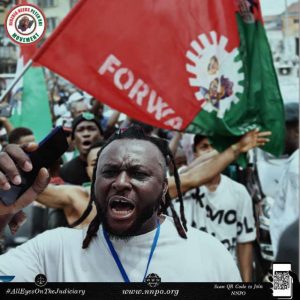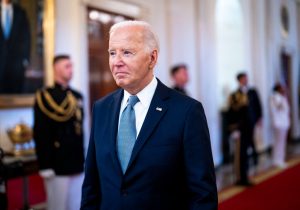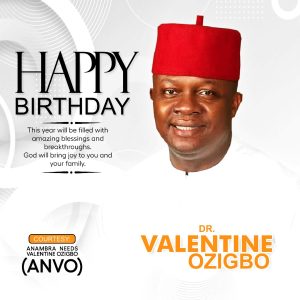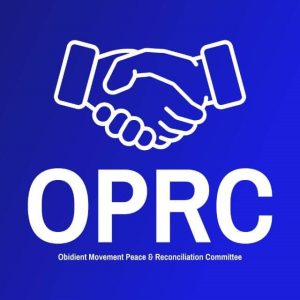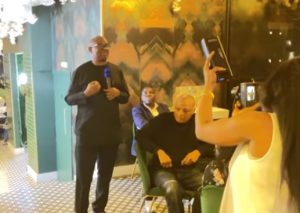Justice As The Bedrock Of Democracy In Nigeria (5),
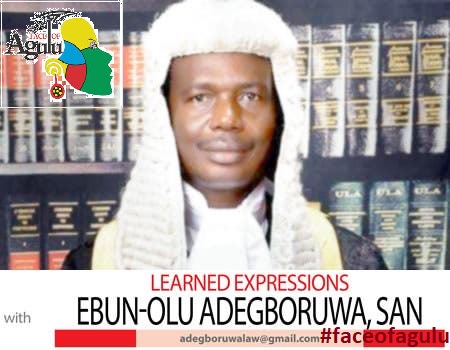

By Marlikberry,
In the concluding part of this seminar paper, the focus will be on recommendations and solutions, to all the issues so far diagnosed as plaguing the enthronement of justice as the bedrock of democracy in our land.
Recommendations on enthronement of justice in the democratic process in Nigeria
The making of the people’s constitution
Scholars have often termed the preamble to the Nigerian Constitution to wit: “We the people of the Federal Republic of Nigeria do give ourselves this Constitution”, as a lie. This cannot be faulted technically speaking, as the making of a Constitution through military fiat, cannot be termed to have truly emanated from the people, as military dictatorship cannot birth democracy and enthrone a peoples’ Constitution. The foundation for the birth of the 1999 Constitution is weak and there is nothing to build on, borrowing a leaf from the principle in the case of Macfoy v UAC, that something cannot be placed on nothing and be expected to stand. A Constitution must derive its legitimacy from the people through consensus, dialogue and compromise and not through fiat.
The Voice of America Learning English series titled: “The making of a Nation, with the sub-title: “The Making of the Constitution, published in its website (https://projects.voanews.com/making-the-constitution, gives us a clue on how Nigeria can midwife a new Constitution. According to that series, the process of making the American Constitution began with the assemblage of 55 men from 12 (Twelve) States at a Convention which later became known as “The Philadelphia Convention”. The delegates then elected among themselves George Washington as President of the Convention. Unlike the Political Reform Conferences which are held in exquisite centers in Abuja, the delegates met five and sometimes six days a week, in the Assembly Room of the State House, with men crowded around small tables and many took notes on paper with quill pens dipped in ink. At the end of the exercise, the delegates all signed the documents and the draft was referred to the Confederation Congress at the time. In the Congress, a vote was taken mandating representatives to go back to each State to hold a convention to vote on the proposal for ratification and then the votes were collated by the Congress and the Constitution became legal.
Under the Nigerian situation, we can adopt the same model, where each State, civil society groups, religious, traditional and professional bodies could be empowered by a motion at the National Assembly, to send delegates to work on a draft Constitution. Thereafter, this can be transmitted to the National Assembly and representatives would go back to their States, to hold a debate, make inputs and vote thereon, the votes will be transparently collated by the National Assembly and passed as the People’s Constitution.
In discussing the new people’s Constitution, there must not be any limitation to issues that can be discussed. Whilst I appreciate General Gowon’s position that ‘To keep Nigeria One is a Task that must be done’, in drafting a new Constitution, the people must be free to discuss the continued union of the Country and the terms for that union. This is the only way Nigeria will have enduring peace and stability, which will translate Nigeria to become a nation and a democracy, where justice shall reign and flourish like streams of living water. In order to ensure that the peoples’ Constitution entrenches justice and strengthens democratic institutions, values and ethos in the polity, it must also address the following:
Truth is always bitter and i guess there is sense in this write up my people which our leaders need to adopt for our future betterment..
![]()

